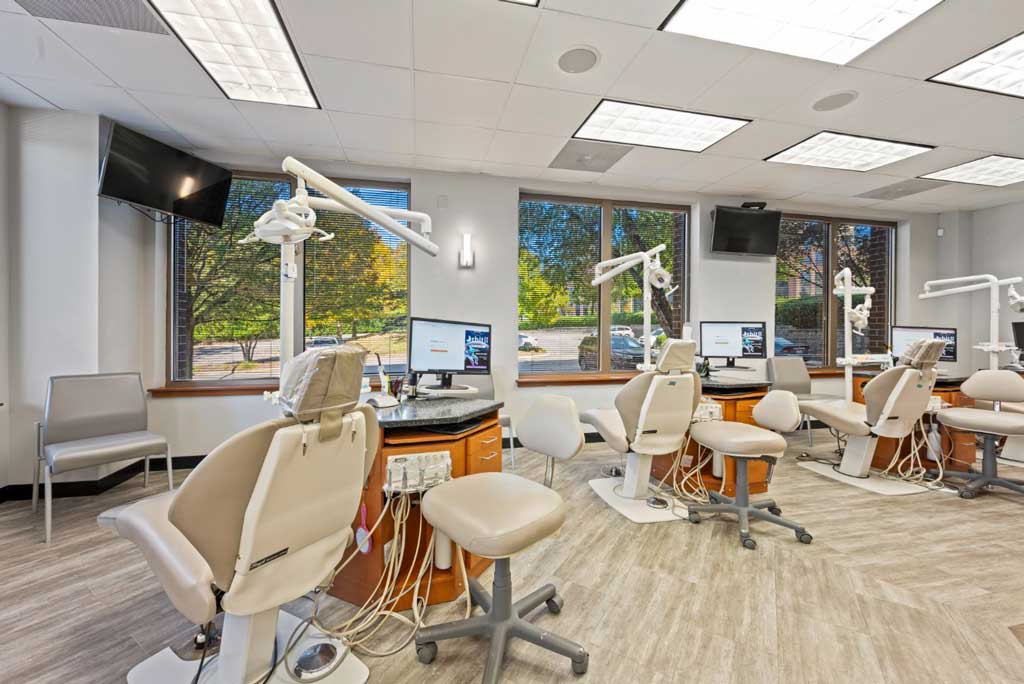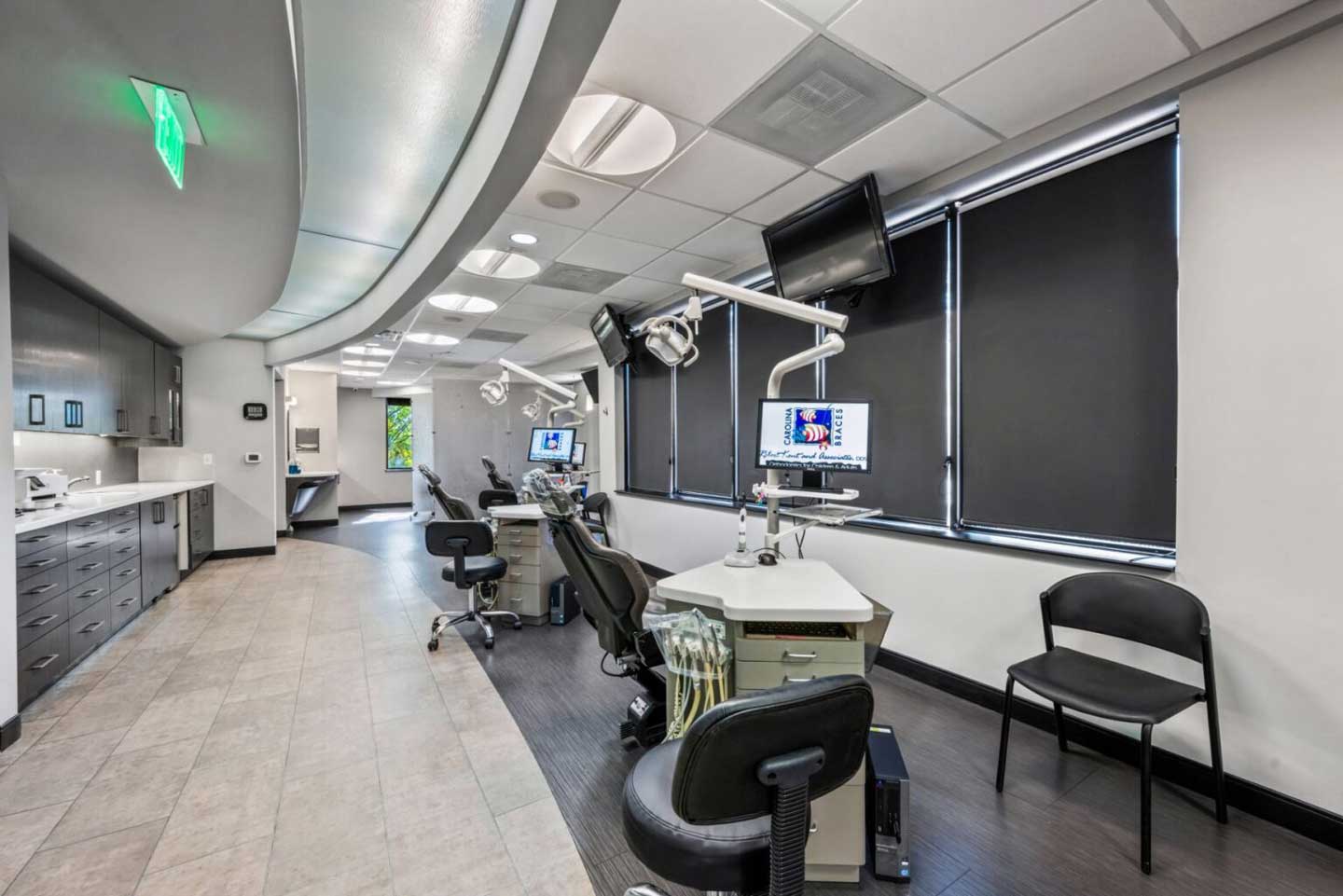Have you been feeling twinges of jaw pain lately? Or maybe you're feeling a lot of pain. Well, you'd be joining the other 10 million people around the country who experience jaw pain. But what causes jaw pain? Is there a solution for your suffering, or is it something you'll just have to deal with over time? In this blog, we'll walk you through the five most common jaw pain causes and what you can do if you believe you are experiencing one of them!
1. Teeth Grinding
One of the most common causes of jaw pain is teeth grinding, which usually happens at night. Because it happens at night, it can be difficult to know if this is something that you do that could be causing jaw pain. When you see a dentist, they are more likely able to tell if teeth grinding is the culprit.
As annoying as the pain can be because of teeth grinding, it's important to figure out if this is the cause. The more you grind your teeth, the worse off you will be. In addition to the pain you will feel in your jaw (as well as headaches), you will wear your teeth down and potentially cause chipping and fractures.
You may be grinding your teeth without realizing if you have any of the following issues:
- An abnormal bite
- High anxiety
- Certain diseases
- Crooked or missing teeth
- Are taking medications that could cause grinding as a side effect
If you suspect that teeth grinding is the issue, or if your dentist tells you this is the case, they will most likely tell you to wear a mouth guard at night to protect your teeth and jaw.
2. TMJ
Temporomandibular Joint Disorder is an extremely common cause of jaw pain. In fact, about 12% of people in the United States may suffer from TMJ symptoms at a time.
The temporomandibular joint is what connects part of your skull to your jaw. This is what allows you to open and close your mouth when you want to.
When you experience TMJ, most of your pain will be right around your ears and behind them. You may also experience pain in your temples. In addition to pain, you may experience a restriction in your jaw movement.
A few other symptoms you may experience if you are dealing with TMJ are:
- Headaches and migraines
- Earaches
- Neck aches
- A clicking or popping sound from your jaw
- Buzzing and ringing in the ears
While the exact cause of TMD is unknown, other health conditions like arthritis, structural problems, infections, injuries, and teeth grinding can affect the development of TMJ. If you begin to experience TMJ, the pain will likely go away on its own within a few weeks or months. However, it can last longer than that.
If your dentist believes you have TMJ symptoms, they will try to discover the root cause. If it is teeth grinding, you'll get a mouth guard. Otherwise, you should avoid chewy foods and take over-the-counter pain meds to deal with the pain while it is there.
3. Your Bite Is Off
If your bite is abnormal, this can also cause jaw pain. If your jawline is not resting properly, it can become taxing on your jaw joints.
This is when braces for jaw pain can come in handy. Straightening out your teeth and taking care of your bite with dental appliances can drastically improve the pain you are experiencing.
Your dentist will be able to tell you if this is the culprit for your pain based on your symptoms and X-rays.
4. Untreated Cavities
Since untreated cavities can cause jaw pain, it is very important to stay up to date with your routine dental visits. This can prevent any unnecessary pain from occurring.
In addition to the jaw pain, you may realize that you are experiencing pain and sensitivity, tooth stains, and a small, visible hole in the tooth. If that's the case, you most likely have a cavity and need to get it checked out as soon as possible!
Your dentist can put a filling in it, and you will be as good as new.
5. Impacted Wisdom Tooth
If you do not have your wisdom teeth out and are experiencing jaw pain, you may be dealing with an impacted wisdom tooth.
This usually occurs when your mouth doesn't have enough room for the wisdom tooth to come through, which can cause pain and swelling in the area. It can also lead to infection.
If you have not yet gotten your wisdom teeth out, it's best to have a conversation with your dentist to see what they believe the best route is for you. They may recommend that you go through a wisdom teeth removal to prevent this before it occurs.
If it is already happening, you may want to get your wisdom teeth out as soon as possible.
Jaw Pain Causes and Treatments
As you can see, there are some common reasons that you may be experiencing jaw pain. If you suspect that one of these jaw pain causes is creating the pain you feel, it is best to see a dentist.
If you cannot make it to the dentist anytime soon, consider a virtual consultation! This can help you save time while still getting the answers you need about your jaw pain. The quicker you get treatment, the faster you will feel better without pain!





